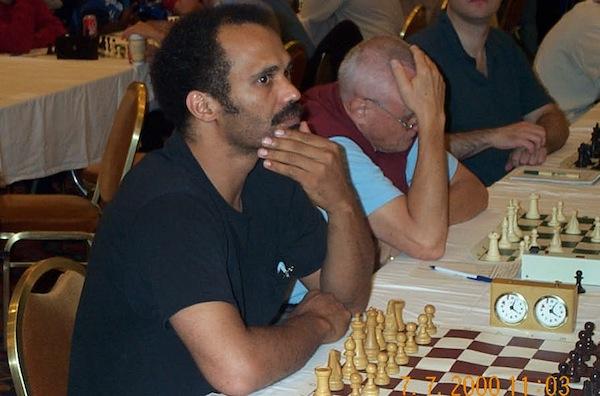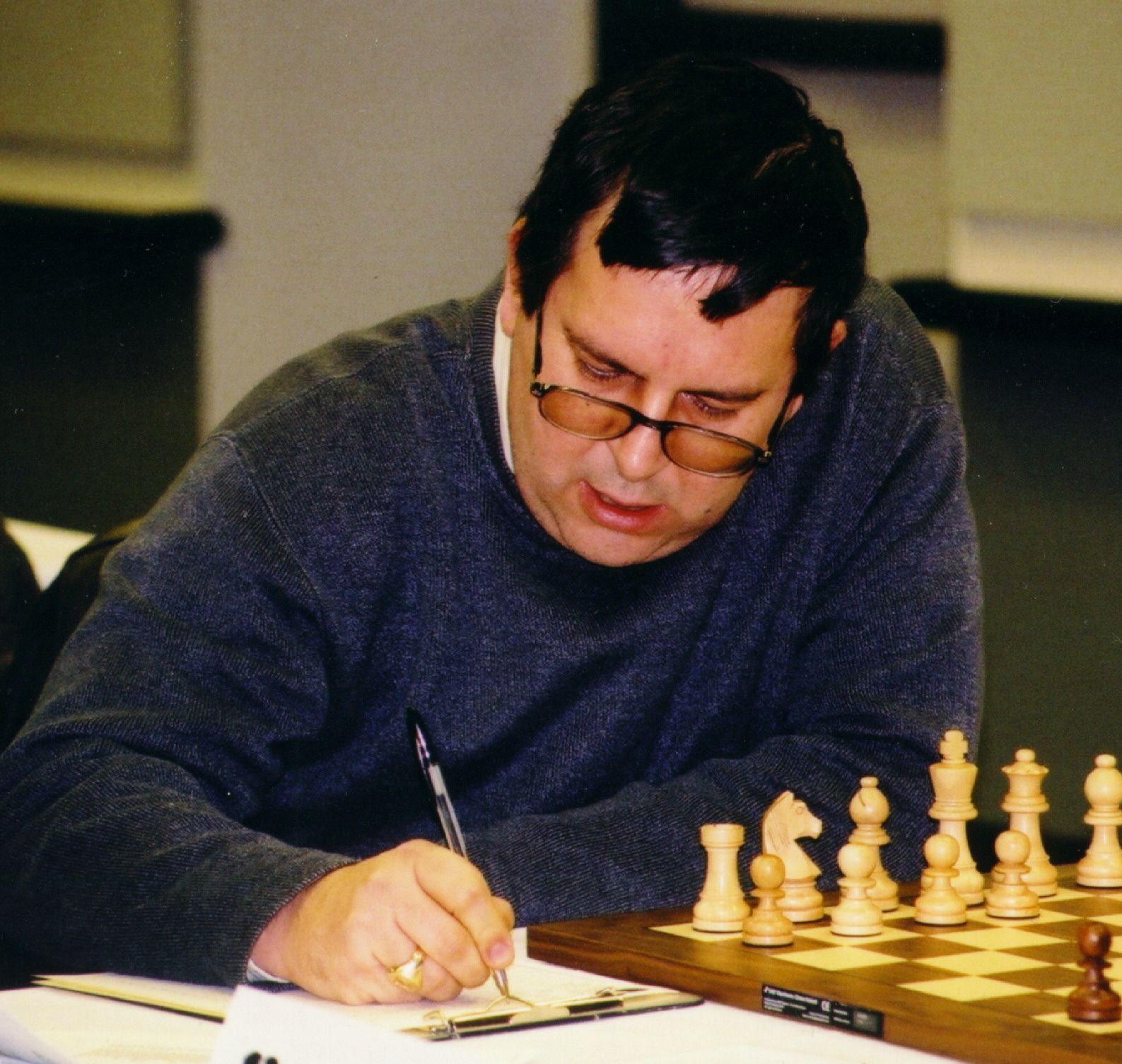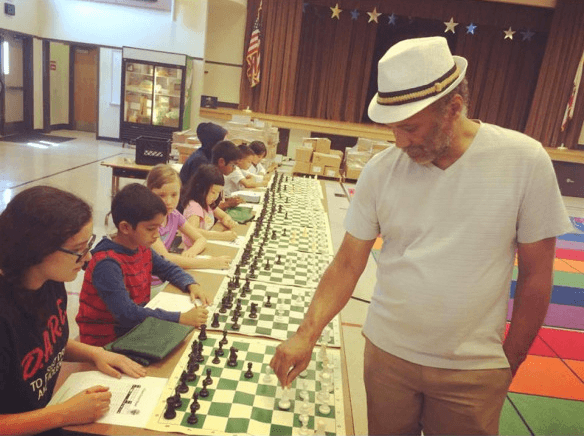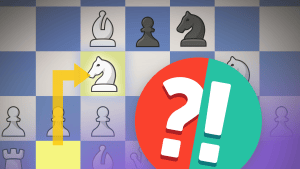
The Tale Of Two Emory Tates
In last week's article we paid tribute to a creative chess player and a nice person, IM Emory Tate. As a man who played Emory many times, I can tell you that a game with him was always just like our life according to Forrest Gump.
Remember his famous line, "life is like a box of chocolates; you never know what you're gonna get"?
You never knew which Emory Tate was going to appear in the next game. Sometimes it was unexpectedly easy to play Emory, but sometimes it was a nightmare (check for example our game from the previous article).
Just look at these games vs. grandmasters where IM Tate made our life as easy as possible:
I am almost embarrassed to show the following game. Just find the lethal shot that finished Black's suffering:
Three games, three utter disasters! What went wrong? Were grandmasters just much stronger than IM Tate? Well, you saw already how Emory beat me; now take a look at the game where he beat GM Ibragimov:
This is a real positional masterpiece and a great example of Black's strategy in the Benko Gambit!
While I don't have in my database any games where IM Tate beat GM Yermolinsky, I recall a Chicago Open 1997 where Yermo lost the first game to GM Ziatdinov and decided to re-enter the tournament (at that point it was still allowed in the open section). So, he re-enters the tournament and loses in the first round again, this time to Emory Tate!
You know what's the funniest part of this story?
After losing two times in the first round, Yermo won five games in a row and was clear first before the last round! It is real shame that he lost the last round game to GM Kaidanov. Otherwise it would be an absolutely unique situation, where a chess player loses two times in the first round and yet wins a major tournament! Only in America!
By the way, I am wondering why GM Yermolinsky played more game vs. Emory Tate than any other GM? Either because in the end of last century both of them crisscrossed the country playing every single weekend or maybe because Yermo is an anagram for Emory?

GM Yermolinksy.
Anyway, you can see that in his good games IM Tate could outplay many grandmasters, or at least give them a lot of headache. But on the bad days he was pretty much giving away his games. What was the cause of this strange phenomenon? There is no mystery here for an experienced chess player. When you play a junk opening, put your pieces on junk squares, you get a junk result!

Notice, that in all the games where Emory Tate beat grandmasters, he played according to the general rules of chess openings (development, center, castle, etc). When he tried to bend the above-mentioned rules, the results usually were catastrophic!
I think deep inside Emory Tate knew it, since he was a pretty strong player. But his infinite creativity couldn't be limited by any rules. He played chess the same way he lived his life!
Nevertheless, from time to time he decided for a change to obey the general chess rules. I particularly like the following game:
This is a fantastic textbook game that proves the old rule of the classical chess school: any combination should have a solid positional foundation! I enjoyed Tate's performance and was happy for him, because I've seen so many times the brilliant ideas of this creative chess player ruined.
Immediately after the game I congratulated him and said "now that you've started playing positionally, it's going to be impossible to play you!" He smiled broadly and sincerely thanked me.
IM Emory Tate was always very popular especially among rank-and-file chess players. I heard the same question hundreds of times: "how come with his obvious potential, Tate never became a grandmaster?"
I hope that this article provides the answer.

